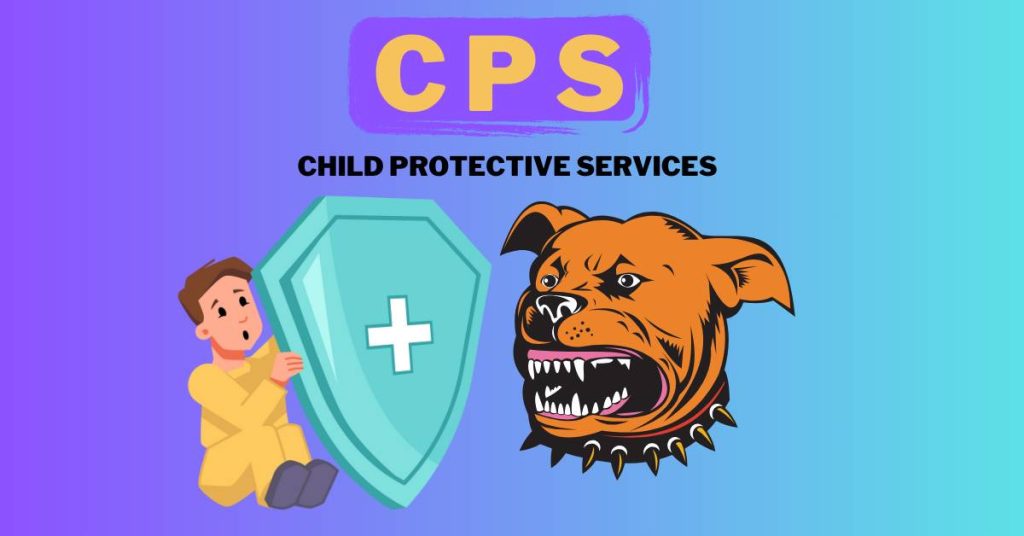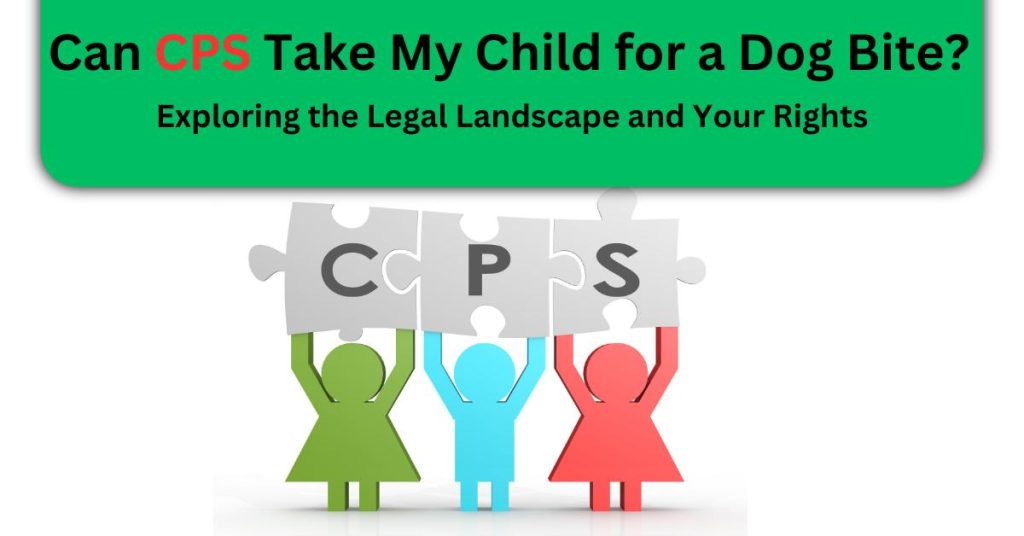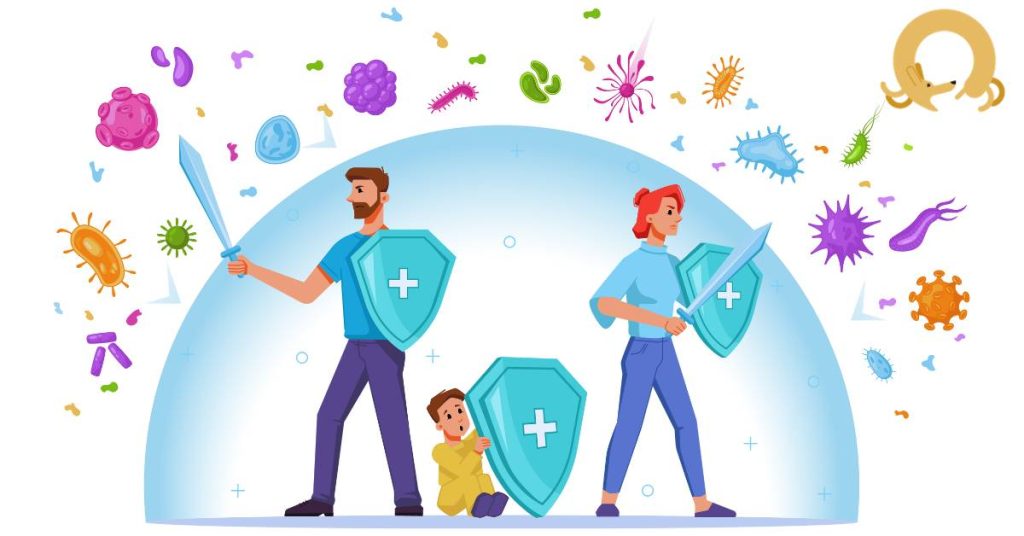Can CPS Take My Child for a Dog Bite?-Legal Landscape and Your Rights

Yes, Child Protective Services (CPS) can take your child away for a dog bite if they believe the child is in danger of being bitten again. This could be the case if the dog has a history of biting, the dog is a known aggressive breed, the child is too young to be supervised around dogs safely, or the dog bite was severe and required medical attention. If CPS contacts you about a dog bite, it is essential to cooperate and develop a safety plan with the caseworker.

Child Protective Services (CPS) is a government agency investigating allegations of child abuse and neglect. If CPS finds a child in danger, they may take the child into custody.
- Introduction
- Understanding the Legal Framework
- The Role of CPS in Dog Bite Cases
- Can CPS Take My Child for a Dog Bite?
- When CPS Can Take Your Child for a Dog Bite?
- What to Do If CPS Contacts You About a Dog Bite?
- Table of Helpful Information
- Expert Advice
- FAQs
- Can CPS remove my child after a dog bite?
- What should I do if CPS contacts me regarding a dog bite?
- How can I prevent dog bites and potential CPS involvement?
- Can I lose custody over a dog bite incident?
- Do breed factors affect CPS involvement after a dog bite?
- Should I involve legal representation if CPS investigates a dog bite?
- Can CPS take my child for a dog bite?
- What factors will CPS consider when deciding whether to take my child for a dog bite?
- What should I do if CPS contacts me about a dog bite?
- What happens if I can't follow the safety plan?
- Bottom Line
Introduction
Dog bites can be distressing experiences for both children and parents. In such situations, many wonder if Child Protective Services (CPS) can step in. Understanding the legal aspects and your rights is crucial. In this article, we delve into the question: can CPS take my child for a dog bite? We will explore the legal landscape, protective measures, and actions to ensure your child's safety.
Understanding the Legal Framework
Dog bites fall under personal injury law, and the circumstances surrounding the incident dictate the legal implications. Generally, CPS may become involved if they suspect child neglect or abuse.
The Role of CPS in Dog Bite Cases
CPS aims to ensure a child's safety and well-being. If a dog bite raises concerns about a child's safety at home, CPS might intervene to assess the situation. Their involvement is to ascertain whether the child is in a safe environment and receiving appropriate care.
Can CPS Take My Child for a Dog Bite?
CPS typically won't remove a child solely due to a dog bite. However, if the incident reveals a pattern of neglect or abuse, they may take action to safeguard the child's welfare.
When CPS Can Take Your Child for a Dog Bite?

CPS can take your child away if they believe the child is in danger of being bitten by a dog again. This could be the case if:
- The dog has a history of biting people.
- The dog is a known aggressive breed.
- The child is too young to be supervised around dogs safely.
- The dog bite was severe and required medical attention.
- The parents are not taking steps to prevent future dog bites.
What to Do If CPS Contacts You About a Dog Bite?
If CPS contacts you about a dog bite, cooperating is essential. Be honest with the caseworker about what happened and your steps to prevent future dog bites.
If the caseworker believes that your child is in danger, they may try to develop a safety plan with you. This plan may include things like:
- Muzzling the dog.
- Keeping the dog away from the child.
- Supervising the dog around the child at all times.
- Attending parenting classes.
- Taking the dog to obedience training.
CPS may take your child into custody if you cannot follow the safety plan.
Table of Helpful Information
| Information | Details |
| Number of dog bites reported per year in the United States | 4.5 million |
| Percentage of dog bites that occur to children | 50% |
| Average medical cost of a dog bite | $1,200 |
| Percentage of dog bites that result in infection | 20% |
| Percentage of dog bite victims who experience psychological trauma | 10% |
Signs of Neglect or Abuse
Understanding signs of neglect or abuse is essential. CPS may intervene if a dog bite occurs due to unsafe conditions or lack of supervision. Maintaining a safe environment for your child is crucial to prevent potential CPS involvement.
Taking Preventive Measures
To avoid CPS intervention, prioritize safety. Properly train and supervise your dog around children, teach your child how to interact with dogs, and create a safe living space for both.
Seeking Legal Advice
Consult an attorney concerned about CPS involvement after a dog bite. They can guide you on your rights, responsibilities, and the best action to protect your child.
Expert Advice
Dr. Sarah Wooten, a veterinarian at the Animal Medical Center of New York, advises parents to take steps to prevent dog bites in the first place.
"The best way to prevent a dog bite is to supervise your child around dogs at all times," she says. "Also, teach your child how to behave around dogs. For example, they should never approach a strange dog or try to pet a dog that is not tied up."
Dr. Sarah Wooden
Dr. Wooten recommends seeking medical attention immediately if a dog bites your child. Even a minor dog bite can make you infected.
FAQs
Can CPS remove my child after a dog bite?
CPS typically assesses the overall safety and well-being of the child. A single dog bite incident is unlikely to result in removal, but a pattern of neglect or abuse might prompt action.
What should I do if CPS contacts me regarding a dog bite?
Be cooperative and provide accurate information. Share details about the incident, steps taken for your child's care, and any preventive measures implemented to ensure their safety.
How can I prevent dog bites and potential CPS involvement?
Supervise interactions between your child and the dog, teach your child about proper behavior around dogs, and ensure your dog is well-trained and non-aggressive.
Can I lose custody over a dog bite incident?
A single dog bite incident is unlikely to result in custody loss. However, repeated incidents due to negligence might raise concerns about the child's safety.
Do breed factors affect CPS involvement after a dog bite?
CPS typically focuses on the circumstances and safety rather than specific dog breeds. However, certain breeds may raise concerns due to their size or history of aggression.
Should I involve legal representation if CPS investigates a dog bite?
It's advisable to consult an attorney to understand your rights and navigate the legal process effectively.
Can CPS take my child for a dog bite?
Yes, CPS can take your child for a dog bite if they believe the child is in danger of being bitten again.
What factors will CPS consider when deciding whether to take my child for a dog bite?
CPS will consider the dog's biting history, breed, temperament, and the child's age and ability to supervise themselves around dogs. They will also consider the severity of the dog bite and whether the parents are taking steps to prevent future dog bites.
What should I do if CPS contacts me about a dog bite?
Be honest with the caseworker about what happened and your steps to prevent future dog bites. Cooperate with the caseworker and develop a safety plan together.
What happens if I can't follow the safety plan?
CPS may take your child into custody if you cannot follow the safety plan.
Bottom Line
CPS can take your child away for a dog bite if they believe the child is in danger of being bitten again. If CPS contacts you about a dog bite, it is essential to cooperate and develop a safety plan with the caseworker. Dog bites can be alarming, but understanding the legal context and preventive measures can help ease concerns. If you maintain a safe environment and prioritize your child's well-being, CPS intervention is less likely. Stay informed, seek legal advice if needed, and ensure a safe and nurturing environment for your child.

Recommendation